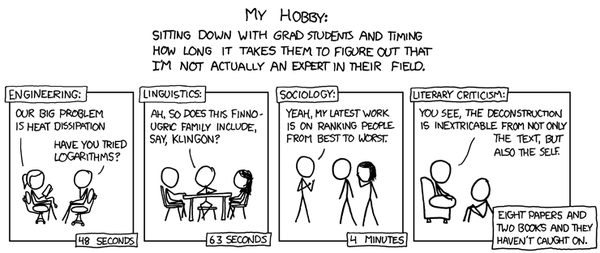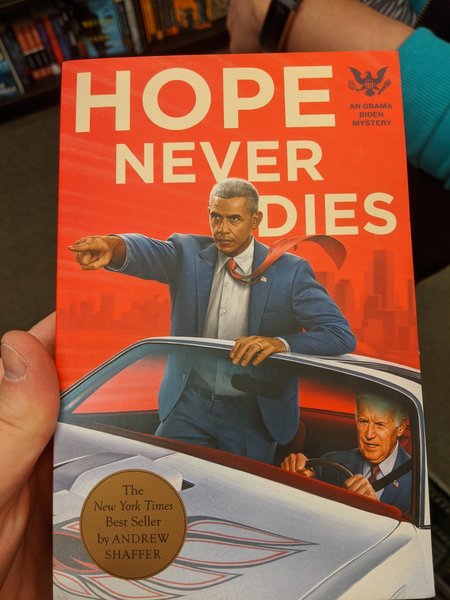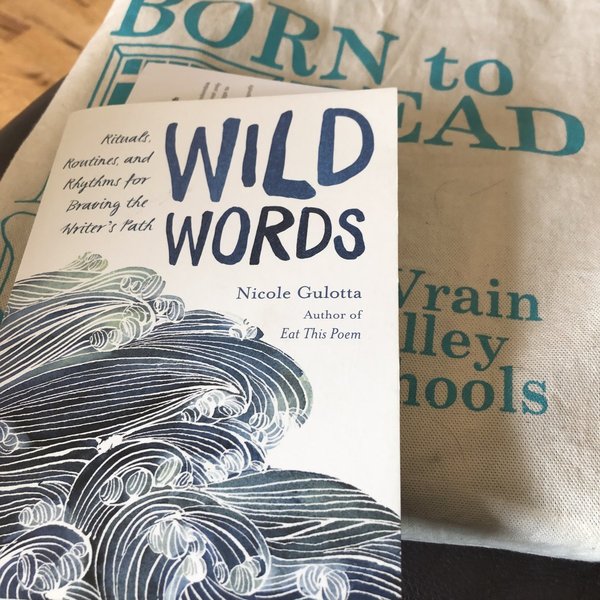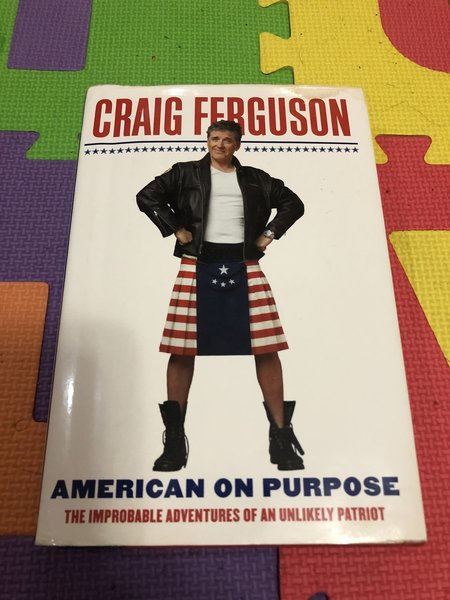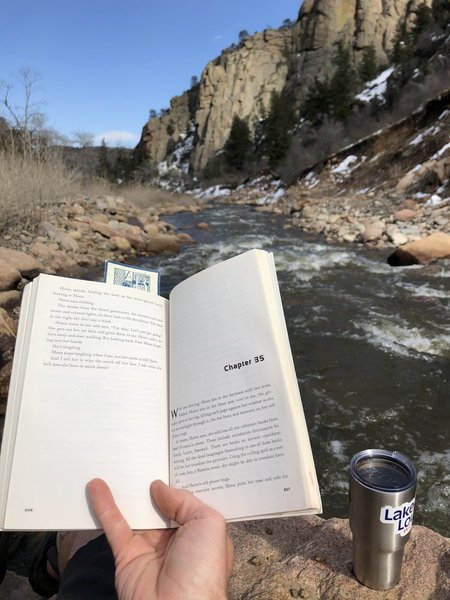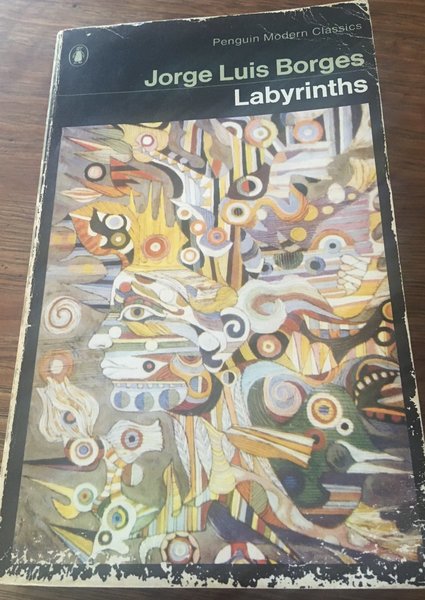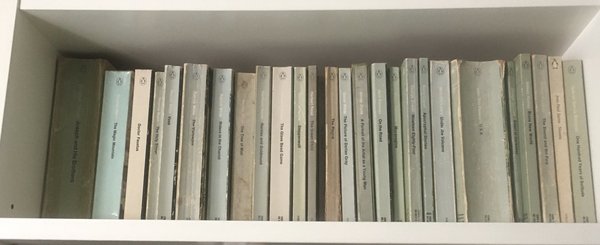Geoffrey Firmin
Distinguished Member
- Joined
- Dec 4, 2010
- Messages
- 8,608
- Reaction score
- 4,146
I was at the library the other day checking out a book and an older gentleman was checking out Rage. He saw me looking and simply said ”thank god they got rid of the bastard“.70. Rage, by Bob Woodward
Oh the joys of looking behind the curtain at the Trump administration. January 20 will be a fine day...


